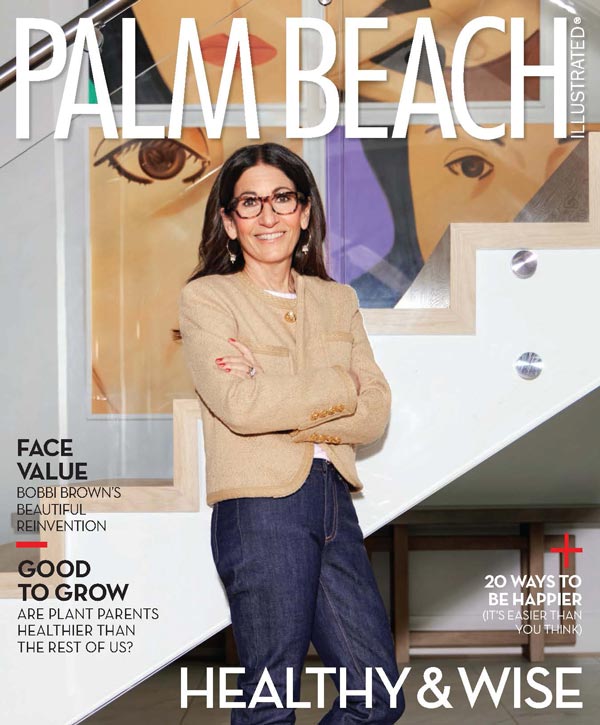On November 17, 1991, 60 Minutes broadcast a segment on something called The French Paradox: the conundrum that  French people had a lower incidence of high cholesterol and heart disease than Americans, despite indulging in a fat-rich diet. Experts speculated that the reason had to do with higher consumption of red wine, specifically Bordeaux, which was composed primarily of Merlot.
French people had a lower incidence of high cholesterol and heart disease than Americans, despite indulging in a fat-rich diet. Experts speculated that the reason had to do with higher consumption of red wine, specifically Bordeaux, which was composed primarily of Merlot.
Sales of red wine increased 44% in the course of the next year, and Merlot remained everyone’s drink of choice for nearly a decade. The California wine industry was caught flat-footed. Vineyards were ripped up and replanted in a desperate effort to meet demand, and a great deal of immature wine was rushed to market and sold at a high price. By the time Sideways came along, the reaction had set in. The sentiments of Miles Raymond may have been extreme, but they captured the feelings of a new generation of wine drinkers tired of low-quality Merlot.
As the pendulum swung back, vineyards were again replanted, this time to grow Pinot Noir, and Merlot fell into disrepute. Ironically, when the smoke cleared, the Merlot that was left was pretty spectacular: wine carefully produced from old vines, with low yields, by winemakers who were committed to a handcrafted product. Duckhorn is probably the best example. A bottle of Duckhorn Merlot displays both power and elegance, ripeness and concentration, the proverbial iron fist in the velvet glove—all for $50, a fraction of the price of the top California Cabernets.
Plantings of Merlot are once again on the rise, but not necessarily in California. Draw a line westward from Bordeaux, and you’ll come out near the epicenter of New World Merlot production: Washington State’s Columbia and Walla Walla Valleys. Here are some of the best wines in general distribution:
- Seven Hills: This boutique producer turns out powerful, full-bodied versions from both the Columbia ($28) and Walla Walla ($35) Valleys.
- Northstar: Established by St. Michelle Wine Estates as a Merlot specialist, this property makes some of the richest and most nuanced wines in the state, under the direction of winemaker David Merfeld; they’re also available from both Columbia ($37) and Walla Walla ($48).
- St. Michelle: The parent company of Northstar also makes the vineyard-designated Canoe Ridge Horse Heaven Hills ($28) as well as the Cold Creek Vineyard Merlot ($30).
- The mass-production Hogue Cellars Merlot ($10) offers a full-bodied texture, supple tannins and ripe fruit.
Mark Spivak is the author of Iconic Spirits: An Intoxicating History (Lyons Press, 2012) and Moonshine Nation (Lyons Press, 2014); his first novel, Friend of the Devil, is now available from Black Opal Books. For more information, go to amazon.com.







Facebook Comments